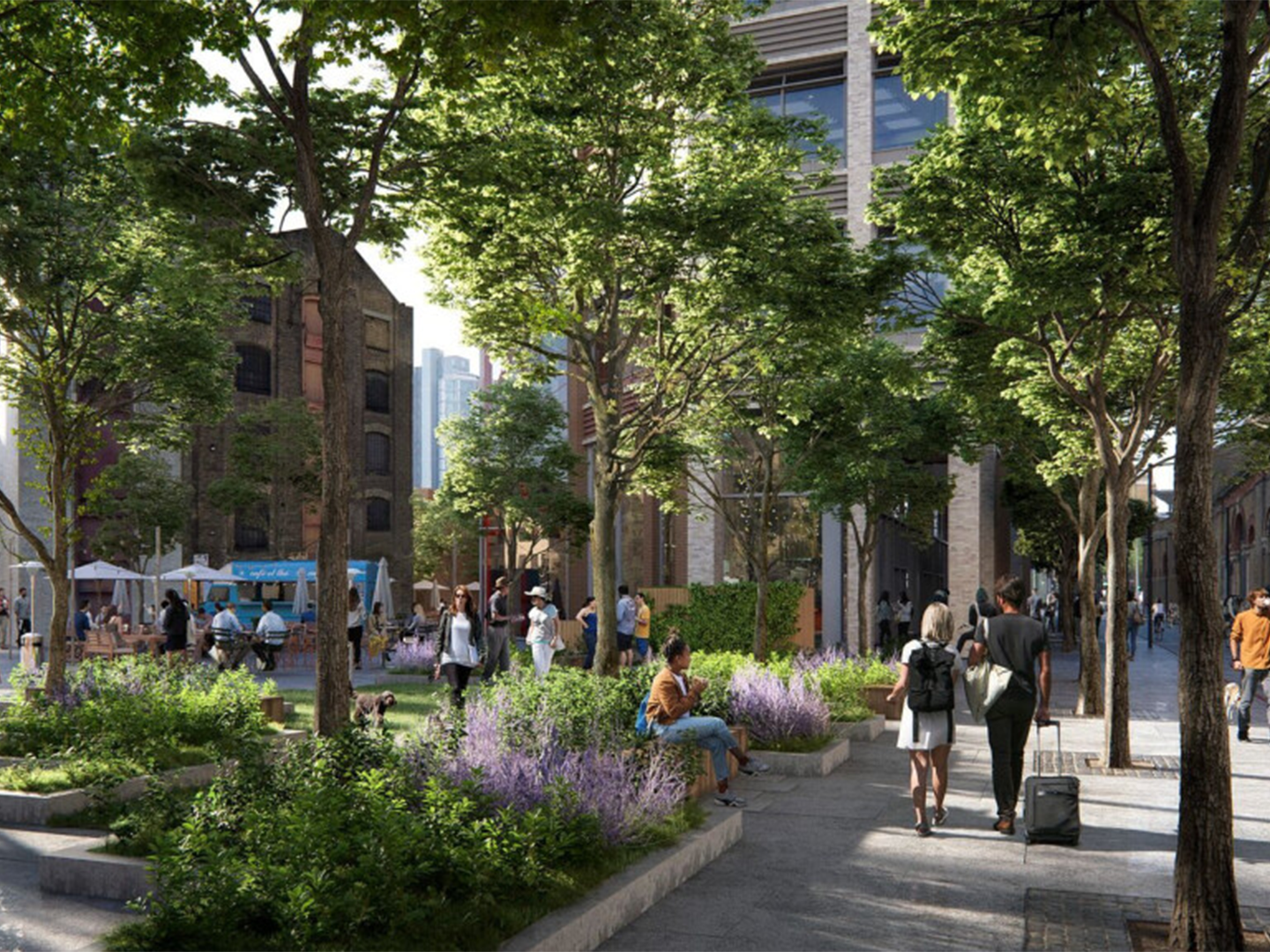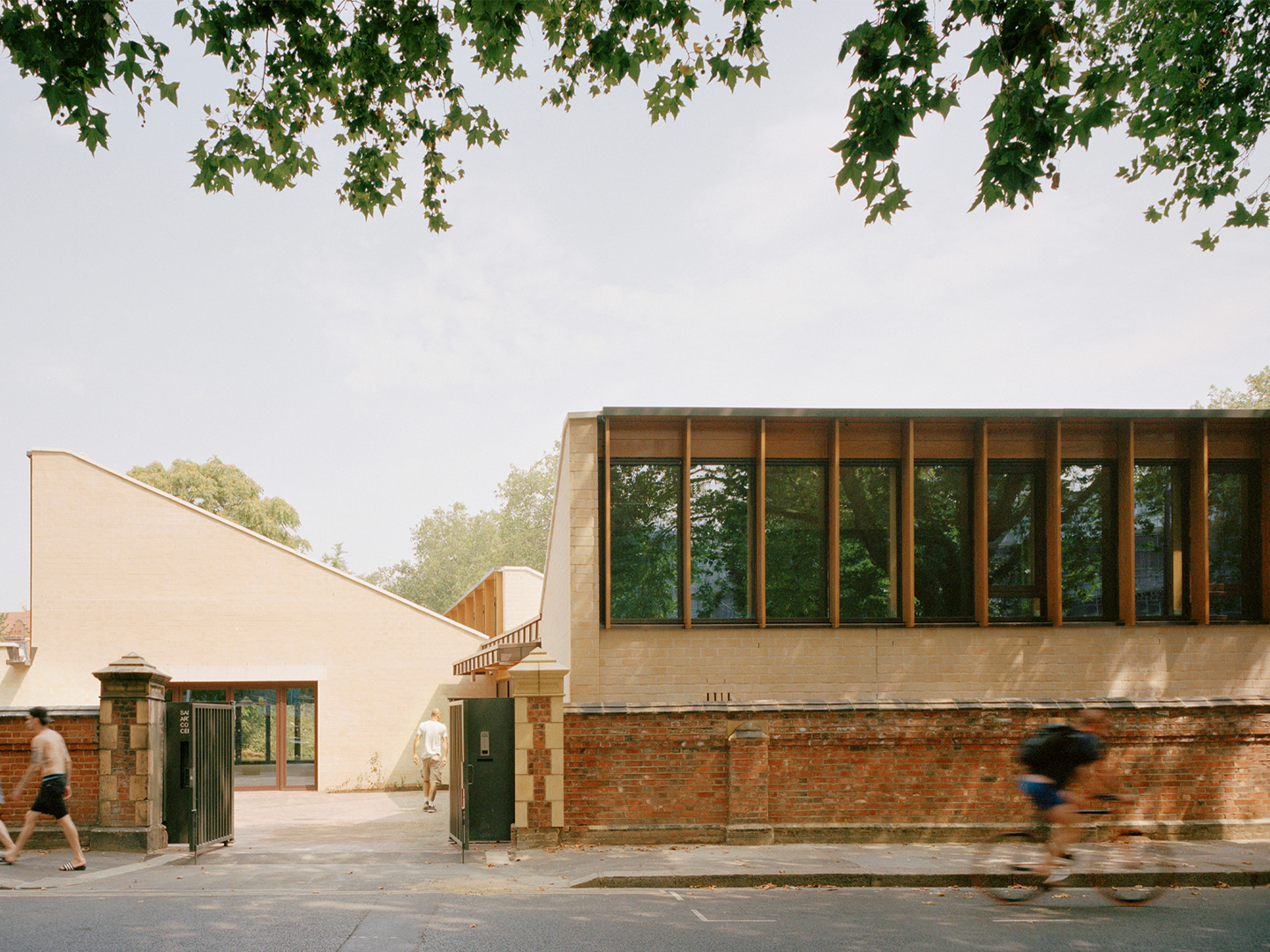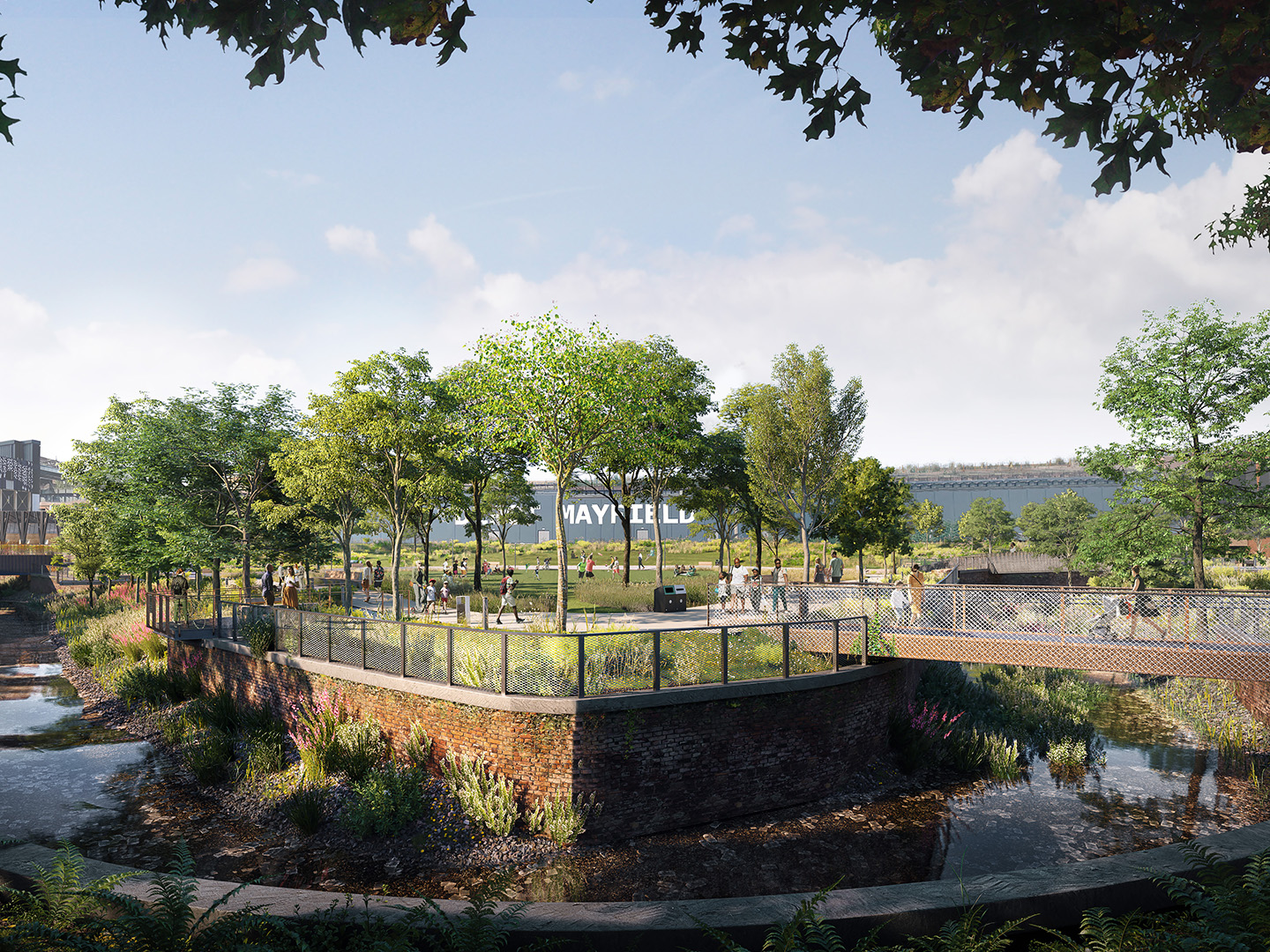New London Architecture
Electric London: Repowering the Grid
Talk
Tuesday 28 January 2025
08:30 - 09:30

download speakers presentations
This content is only available to NLA members.
To unlock event resources, such as presentations, brochures or recordings, join NLA as a member.
Speaker biographies
Principal Architect, Network Rail
Director of Climate and Strategic Programmes, London Borough of Hounslow
Partner, Make
City Energy Transformation Lead, E.ON
Head of Infrastructure, ING Media
Related

Video
NYLON: Innovation in New York and London
Watch NYLON as we look at the impact of increasing innovation districts on the urban fabric of cities.
Watch video
Video
Webinar: Prize Projects: learning from community award winners
Recording of 'Prize projects' webinar, where we learnt from past Community Prize Winners and reflected on the value thes...
Watch video
Video
Resilient Cities: preparing for climate events in the UK
As an industry, how do we move beyond the reactive and adopt a proactive approach to tackling climate change?
Watch videoStay in touch
Upgrade your plan
Choose the right membership for your business
Small Business Membership

Medium Business Membership

